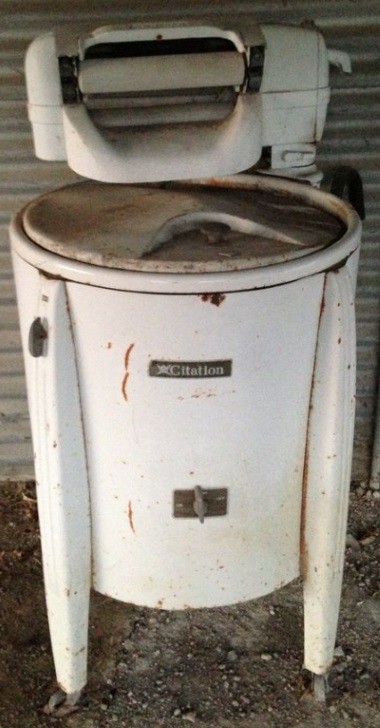
Patrick Drahi’s vision of unwanted employees he’d like to lay off.
Patrick Drahi, who oversees a global telecom empire that now includes Suddenlink and Cablevision in the United States, is quietly seething over the regulators who forced him to accept commitments not to kill jobs at the companies he’s acquired. To him, an unwanted Altice employee is nothing more than a washing machine ready to be tossed out after outliving its usefulness.
Drahi points to his French wireless company SFR as a prime example of how job protection agreements are bad news for his business plans. In Drahi’s view, SFR, like many of the companies he has acquired, is overstaffed. But he cannot slash jobs for three years because of regulator conditions imposed when acquiring the company.
“We have one year left on our guarantee of employment for three years,” Drahi told investors in New York. “Today we’re in a situation where people know that the guarantee stops in one year. It’s like buying a washing machine from [home good retailer] Darty with a three-year warranty. After three years the washing machine breaks down. What should we do, [pay for it to be repaired]? They know we’re overstaffed.”
In Drahi’s view, the unnecessary employees are just a drain on company’s resources, something their competitors are fully aware of and are ready to exploit. Drahi said the protected employees also create tension in the company. Their union representatives claim the opposite, arguing Drahi’s draconian cost-cutting makes for a hostile workplace where employees often have to take pay cuts and in some cases pay for their own toilet paper, office supplies, and break room equipment out-of-pocket. As a result, as many as 1,200 employees have already voluntarily left SFR for other jobs. In many cases, those vacant positions were never filled again, helping Drahi achieve desired job cuts through other means.
Drahi’s cost cutting even extends to the top. He admitted he was able to convince the current managers of Cablevision and Suddenlink to cut their salaries while suggesting they could share in the long-term profits of the companies sometime in the future.


 Subscribe
Subscribe